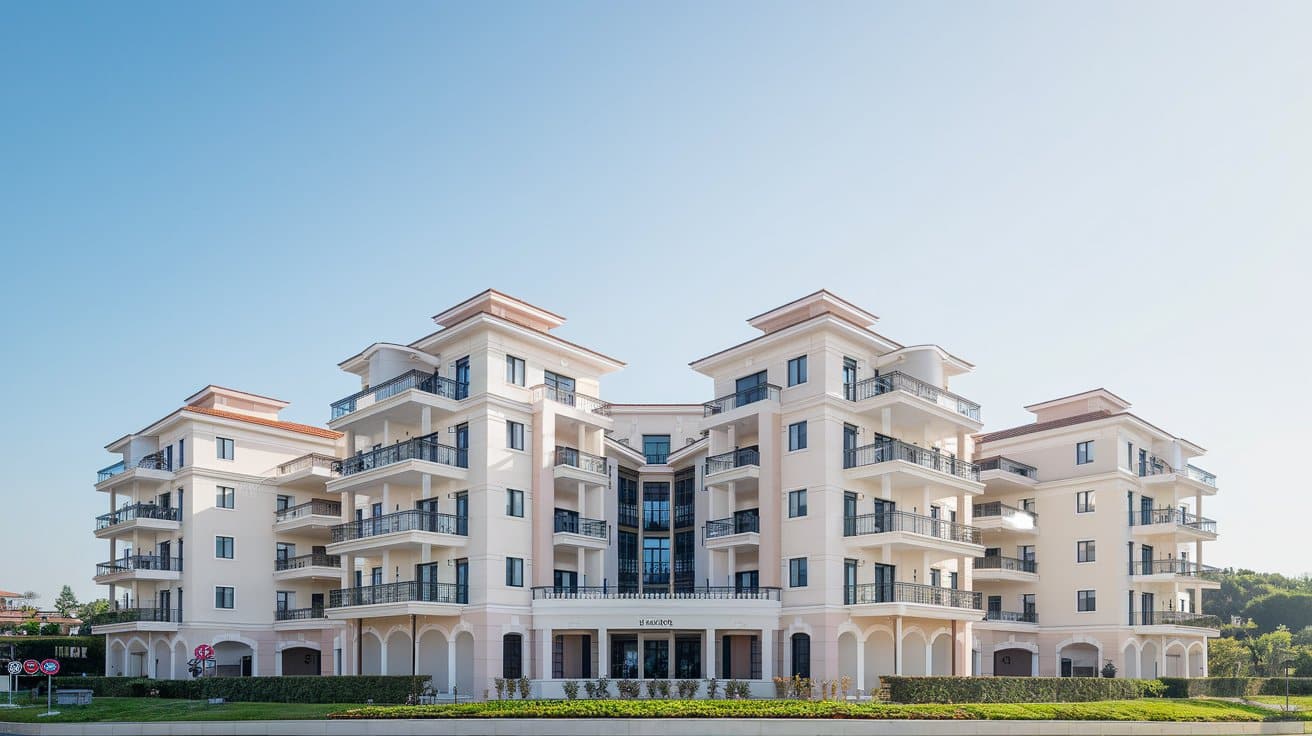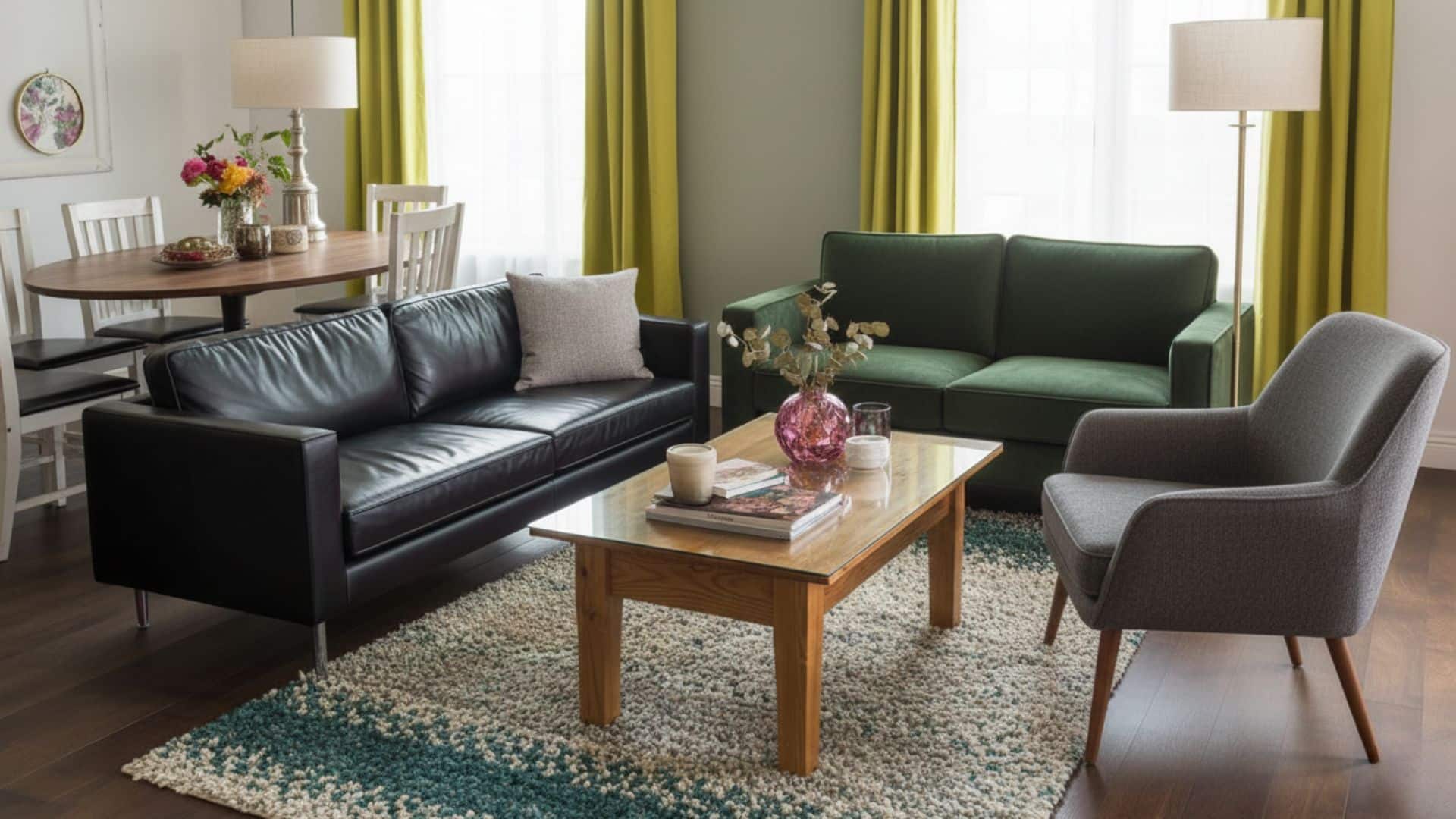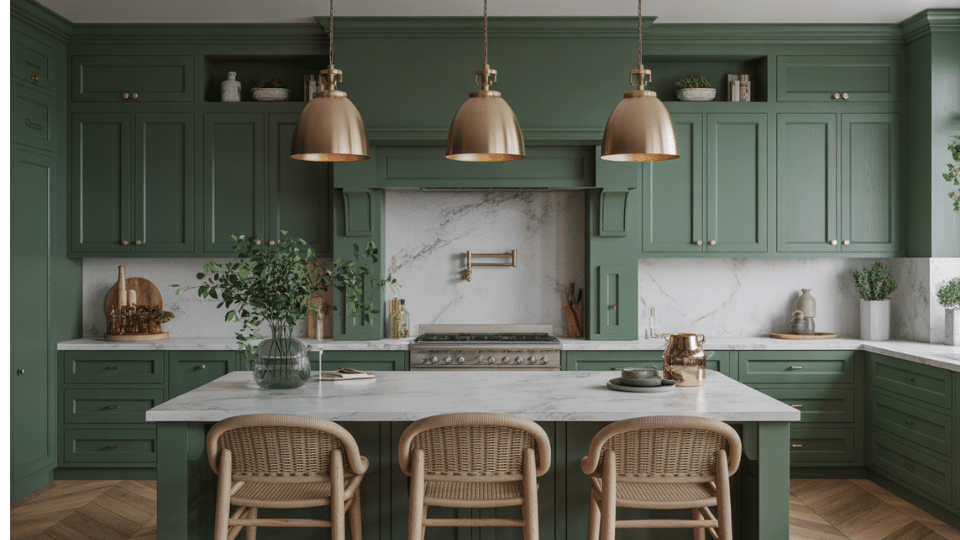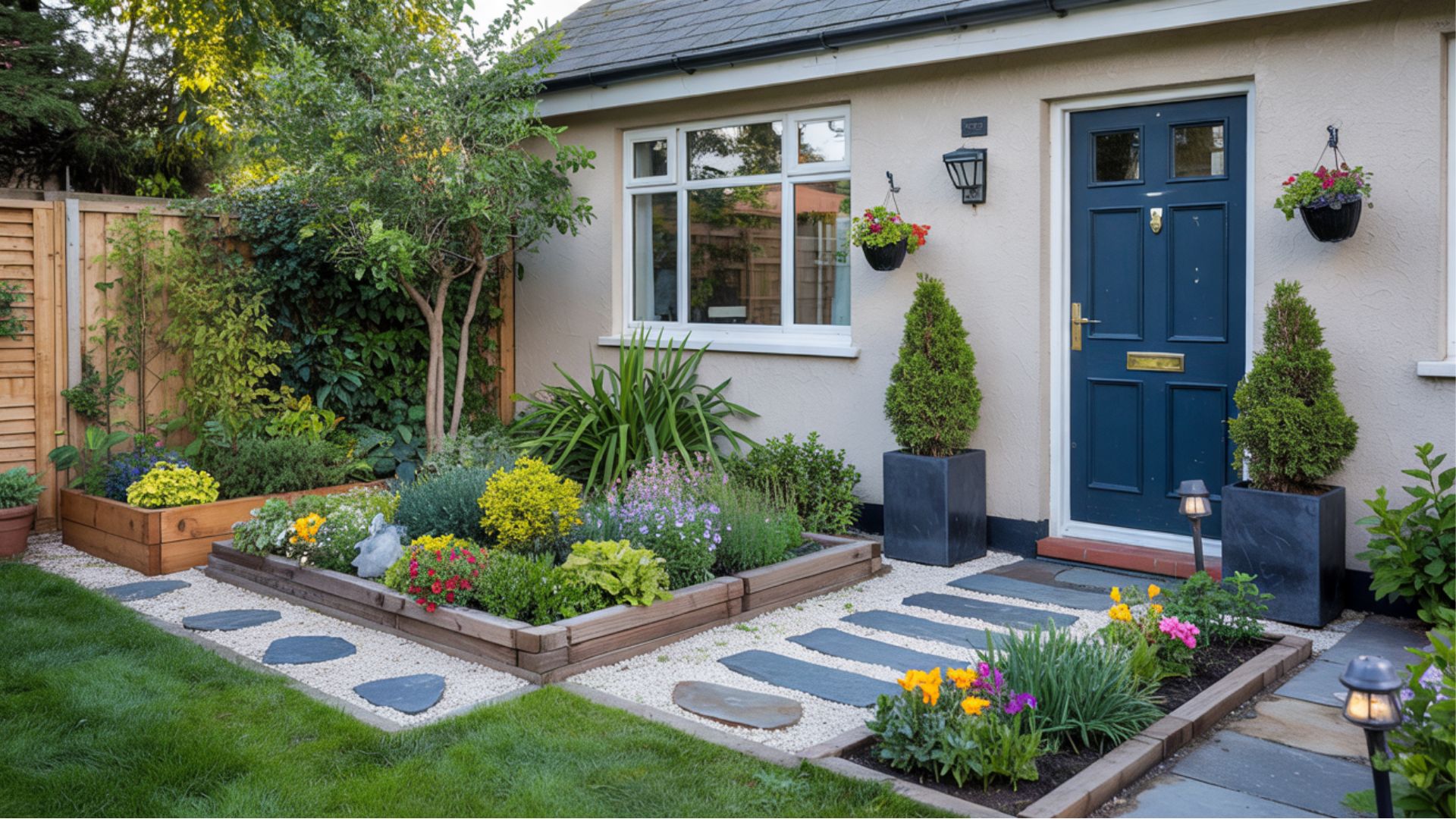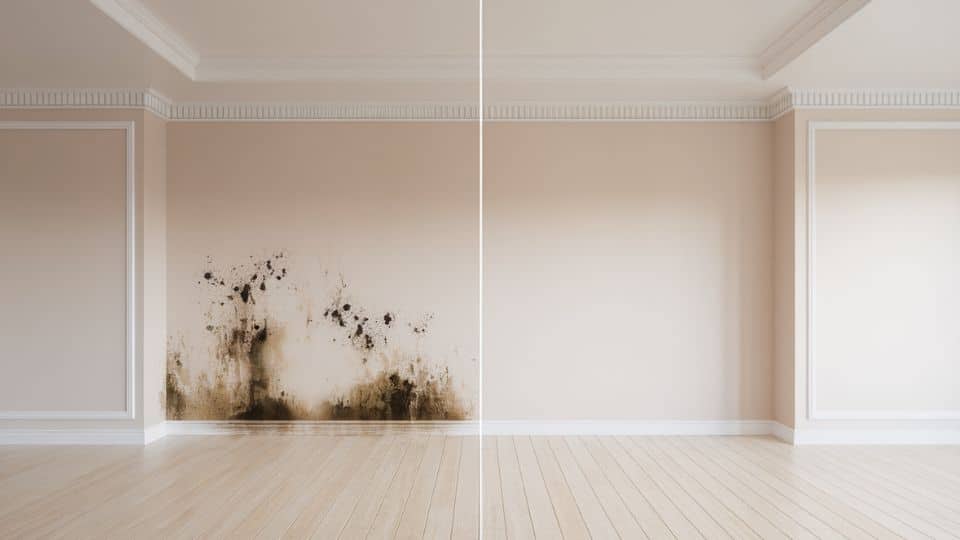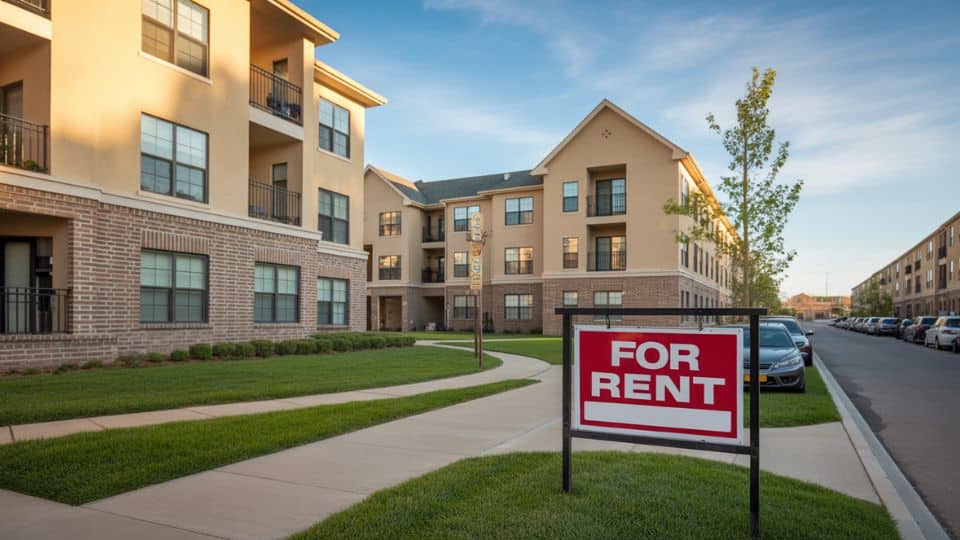I’ve watched countless homebuyers get confused when they hear “share of freehold” mentioned during property searches. This term appears frequently, but most people nod along without truly grasping its meaning.
Most people assume it’s just another complex legal term that doesn’t matter. However, what caught my attention is that this concept can significantly impact your property ownership experience and financial investment.
Understanding the share of freehold could save you from costly mistakes and help you make smarter property decisions. It affects everything from maintenance costs to property value and even your ability to sell later.
I’ll break down exactly what share of freehold means, how it works in practice, and why it should matter to you as a property buyer or owner.
What Does Share of Freehold Mean?
A share of freehold gives you ownership of your individual flat and a proportion of the entire building. You share this ownership with other flat owners in the same building.
This ownership structure means you get complete control over your specific unit. At the same time, you jointly own the building’s structure with other residents.
Key aspects of the share of freehold ownership
- You own your flat outright, not through a lease agreement
- You share ownership of communal areas like hallways and staircases
- You jointly own the building’s exterior walls and roof
- You have ownership rights to the land beneath the building
- You hold permanent ownership without time limits
- You work with other flat owners to manage the building
This ownership model gives you security and control over your living situation. You become part of a small group that collectively manages the entire property, free from external landlord interference.
Key Characteristics of a Share of Freehold
Share of freehold gives you specific ownership rights and responsibilities that differ from standard flat ownership arrangements.
1. Direct Ownership Control: You have voting rights on all building decisions, including repairs, improvements, and the selection of contractors. Your vote carries weight based on your flat’s value compared to the total value of the building.
2. No Ground Rent Obligations: You don’t pay ground rent to external landlords since you co-own the freehold. This eliminates ongoing rental payments that leasehold flat owners typically face throughout their ownership.
3. Enhanced Market Position: Properties with a share of freehold typically attract more buyer interest and command higher prices. The combination of ownership control and security makes these flats more desirable in the property market.
4. Proportional Financial Responsibility: Your contribution to building expenses is based on your ownership percentage. If you own 30% of the building, you are responsible for 30% of the insurance, maintenance, and repair costs.
5. Legal Company Structure: You become a member of a limited company that owns the building’s freehold. This formal arrangement protects the interests of all owners and provides a clear legal framework for decision-making.
6. Long-term Lease Benefits: Your flat typically comes with extended lease terms of 999 years or more, providing security and eliminating concerns about lease expiration affecting property value.
How Does Share of Freehold Work?

When you buy a flat with a share of freehold, you become part of a group that collectively owns the entire building. Your ownership percentage depends on the value of your flat compared to the total value of the building.
You and other flat owners make joint decisions about building maintenance, repairs, and improvements through regular meetings. Everyone votes on important matters, with your voting power matching your ownership percentage in the building.
Each owner contributes to expenses in proportion to their ownership share. If you own 25% of the building, you pay 25% of the insurance costs, roof repairs, and maintenance work. This system ensures fair cost-sharing while providing you with proportional control over decisions that affect your home.
Share of Freehold VS Leasehold: What’s the Difference?
Understanding the differences between share of freehold and leasehold helps you make informed property decisions. Here’s a clear comparison of both ownership types.
| Aspect | Share of Freehold | Leasehold |
|---|---|---|
| Ownership Type | You own your flat + share of the building | You own a flat for a fixed lease period |
| Ground Rent | No ground rent payments | Annual ground rent to the freeholder |
| Lease Length | Often 999 years or extended easily | Decreasing lease term (99-125 years typical) |
| Decision Making | Joint decisions with other owners | Freeholder makes building decisions |
| Maintenance Control | You choose contractors and costs | Freeholder arranges maintenance |
| Service Charges | Shared costs with transparency | Set by the freeholder, less control |
| Property Value | Generally higher market value | Value decreases as the lease shortens |
| Selling Process | Standard property sale | May need freeholder consent |
| Lease Extension | Easy to extend or already extended | Expensive process, legal fees required |
Pros and Cons of a Share of Freehold

Like any type of property ownership, a share of freehold comes with distinct advantages and potential drawbacks that affect your experience as a flat owner.
| Pros of Share of Freehold | Cons of Share of Freehold |
|
|
Process of Buying a Share of Freehold
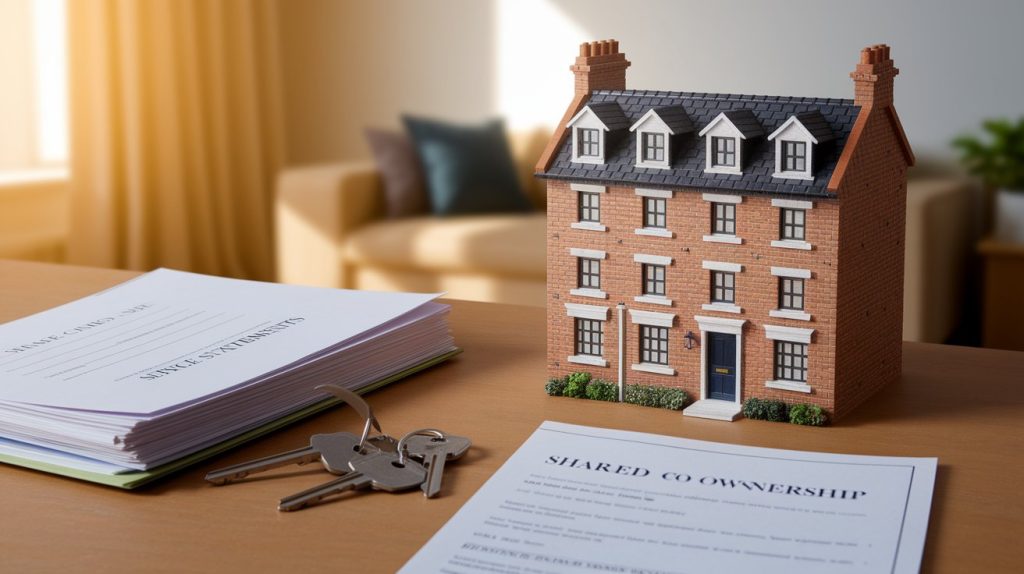
Buying a share of freehold property involves specific steps beyond standard property purchases to ensure you understand your ownership responsibilities.
Step 1: Property Survey and Valuation – Arrange a standard property survey and valuation. Your surveyor should also assess the building’s overall condition, as you’ll be co-owning it.
Step 2: Legal Documentation Review – Your solicitor examines the freehold company’s accounts, share certificates, and articles of association. They’ll check company registration details and recent filing history.
Step 3: Building Records Investigation – Review company meeting minutes, maintenance records, and recent building expenses. Check for planned major works or ongoing disputes between current owners.
Step 4: Financial Due Diligence – Verify all owners are current with service charge payments. Examine reserve funds for future repairs and any outstanding building debts or commitments.
Step 5: Share Transfer Completion – Your solicitor handles the share transfer process and registers you as a co-owner in the freehold property. You’ll receive your property deeds, along with share certificates that confirm your ownership percentage in the building’s freehold.
Are Share of Freehold Properties Difficult to Sell?
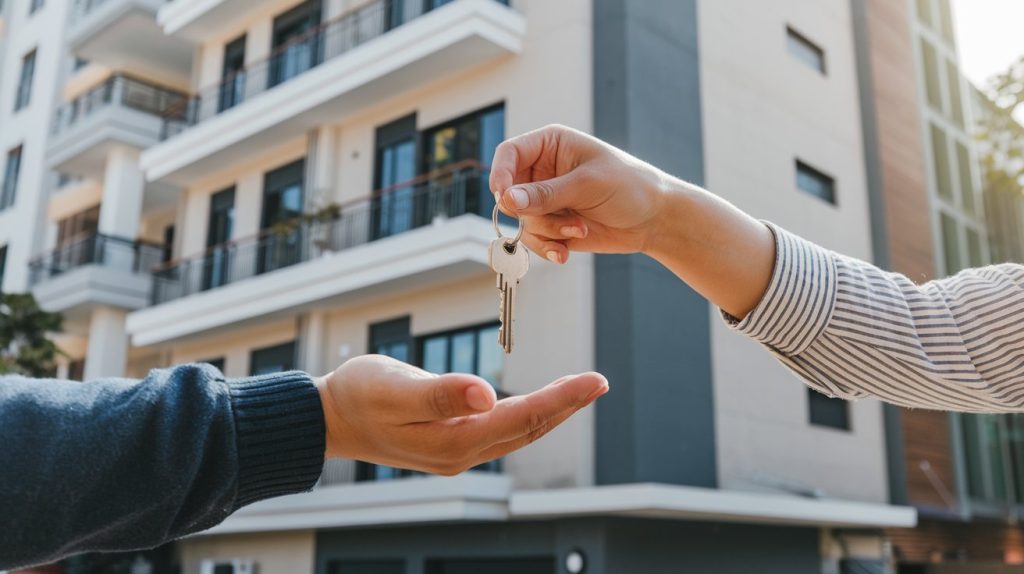
Share of freehold properties is generally easier to sell than leasehold flats. These properties attract more buyers because they offer ownership security without ground rent obligations and come with extended lease terms, making them more appealing in the market.
Key selling advantages include
- Faster transactions – No need for freeholder consent, unlike some leasehold arrangements.
- Higher sale prices – Typically sell for more than comparable leasehold flats.
- Greater buyer interest – More potential purchasers value the control and security benefits.
- Premium market position – Properties stand out due to ownership advantages.
However, buyers will want to see company accounts, building maintenance records, and share certificates, so having these documents ready helps speed up transactions.
Some buyers may have concerns about shared responsibilities with other owners, but most appreciate the long-term benefits, making these properties worthwhile investments for sellers.
Conclusion
Share of freehold offers a middle ground between full house ownership and restrictive leasehold arrangements. You get genuine control over your property investment while sharing responsibilities with neighbors.
The financial benefits are clear – no ground rent payments, extended lease security, and higher property values make this ownership type attractive.
However, success depends on cooperation between owners and sharing administrative duties.
Most buyers find the advantages outweigh the challenges, especially in well-managed buildings with cooperative owners. The security and control you gain often justify additional responsibilities.
If you’re considering this option, focus on understanding current owners’ relationships and the building’s financial health. These factors determine whether your ownership experience becomes a rewarding one.
Frequently Asked Questions
Is Freehold Better than Leasehold?
Freehold generally offers more stability as a long-term investment, with potential for property appreciation and no concerns about lease-related value decline.
How Much Does a Share of Freehold Cost?
The average cost is approximately £8,500, calculated based on property value, remaining lease years, and annual ground rent payments.
What Are the Responsibilities of a Shared Freehold?
Owners must collectively arrange for building maintenance, manage insurance, and handle all property management duties.
